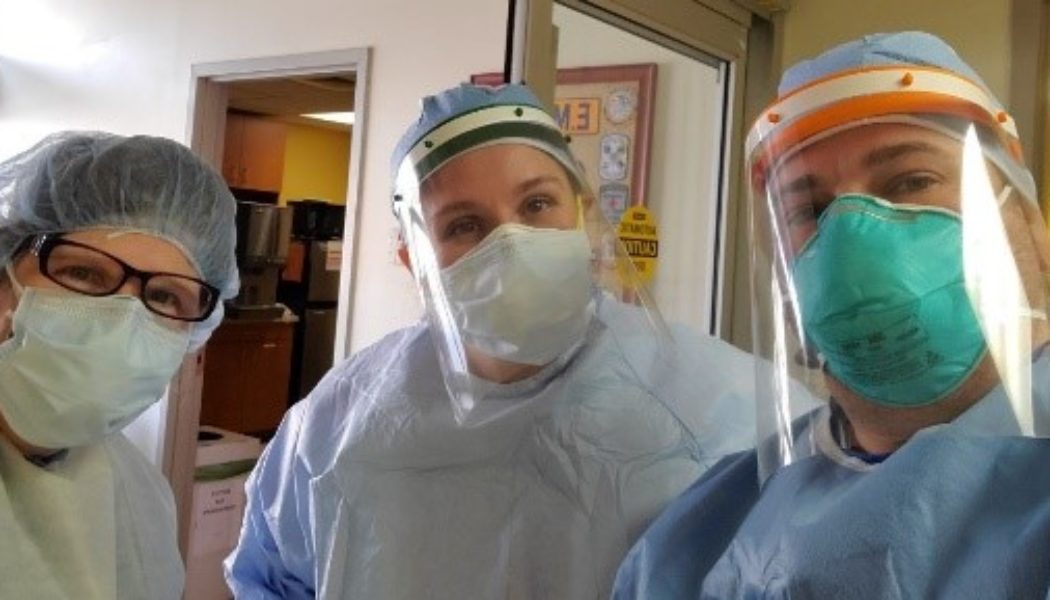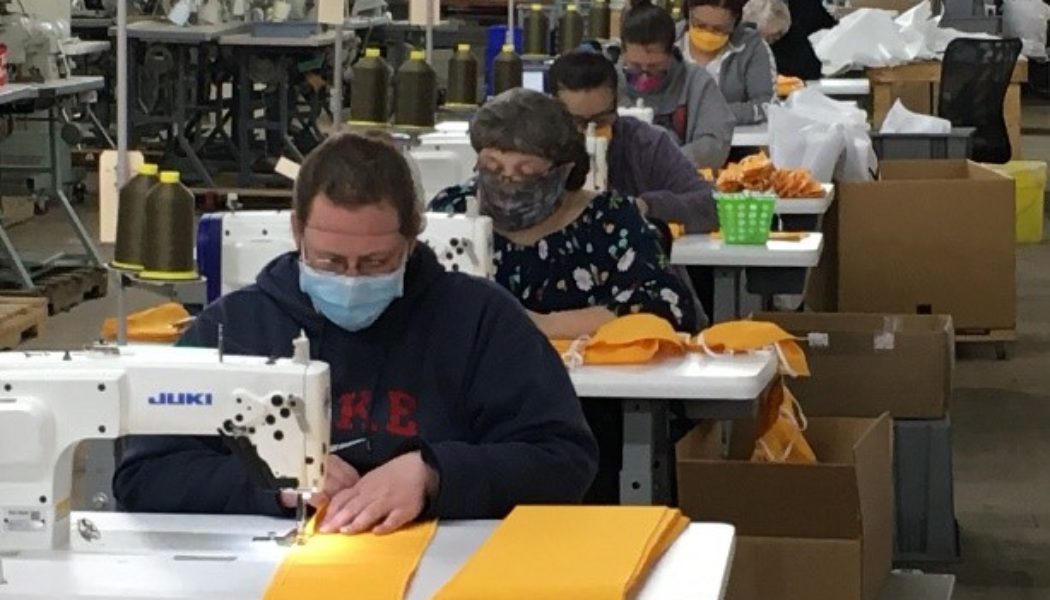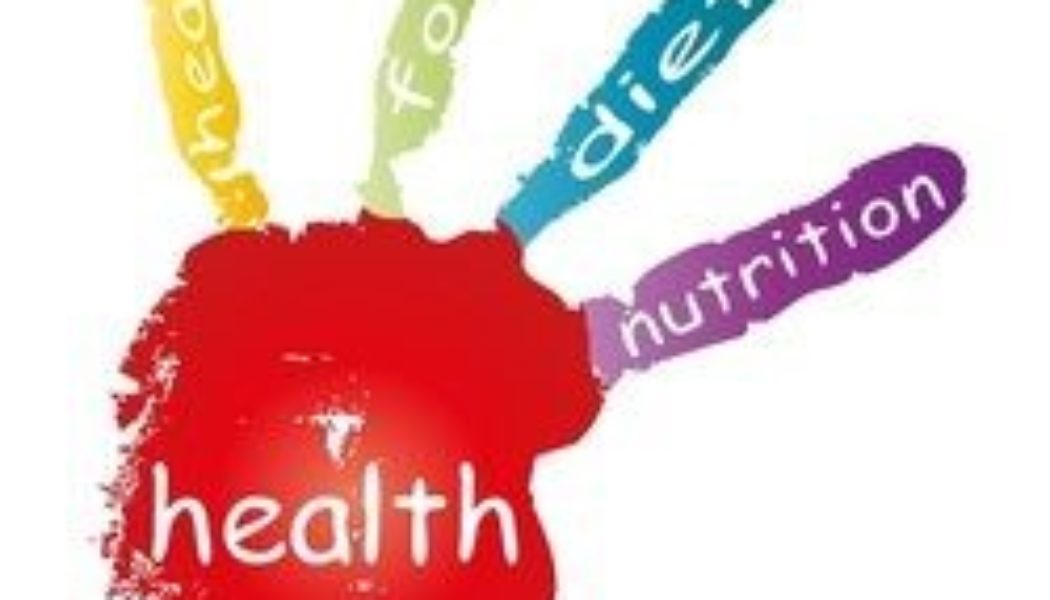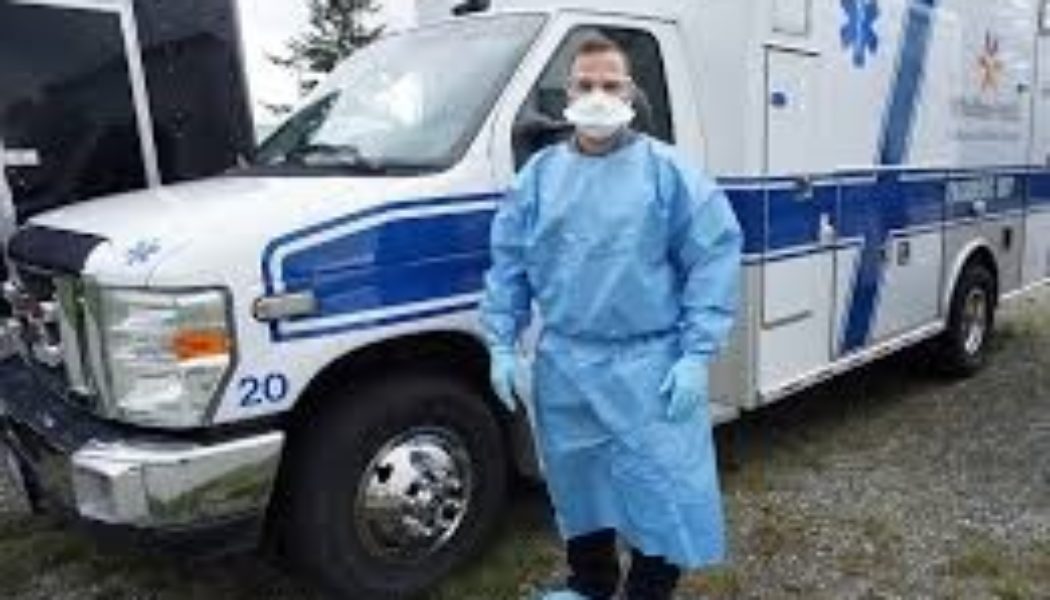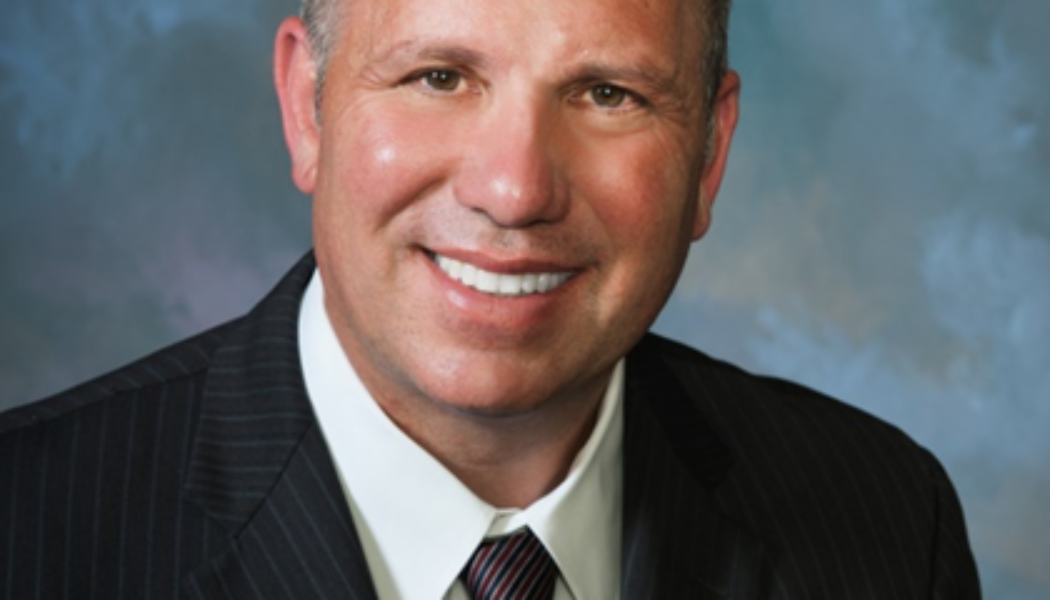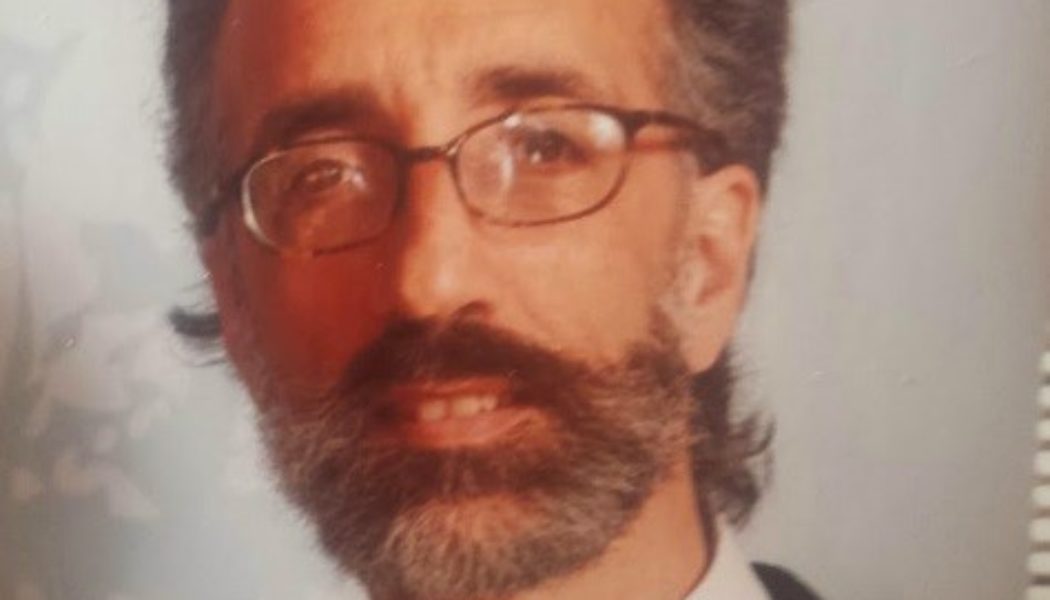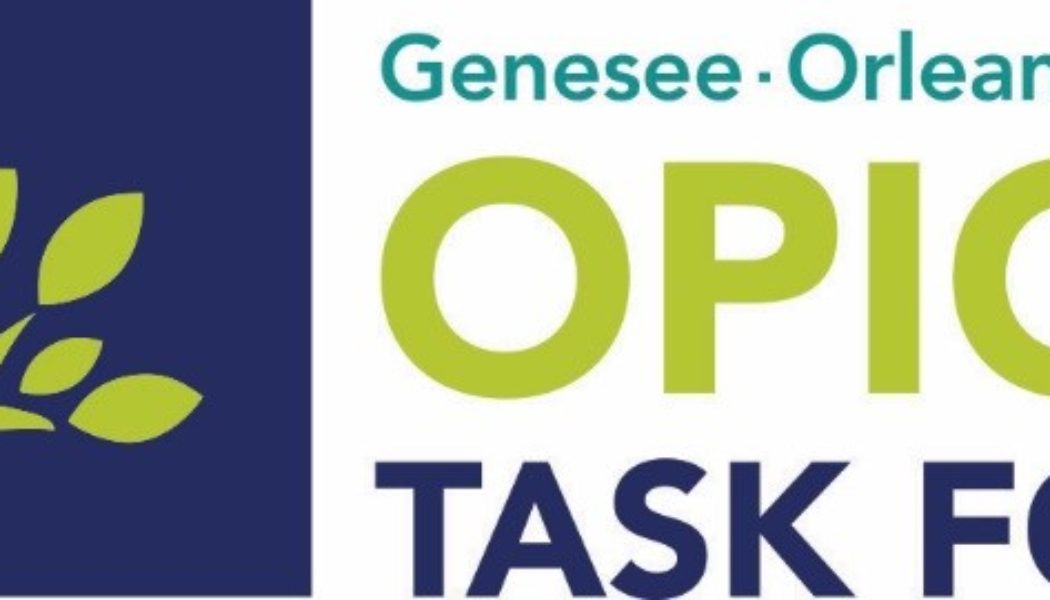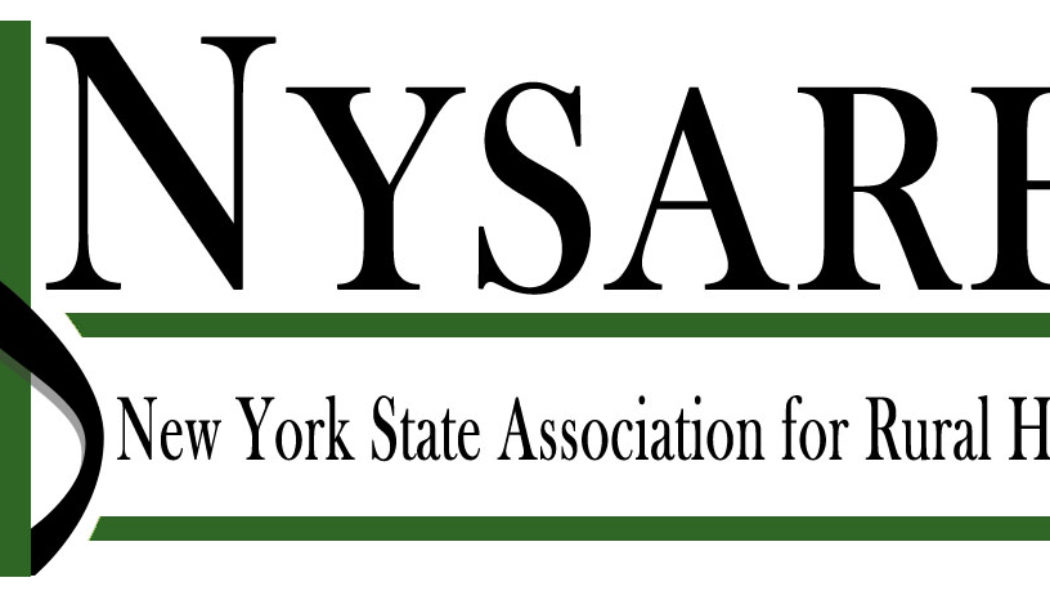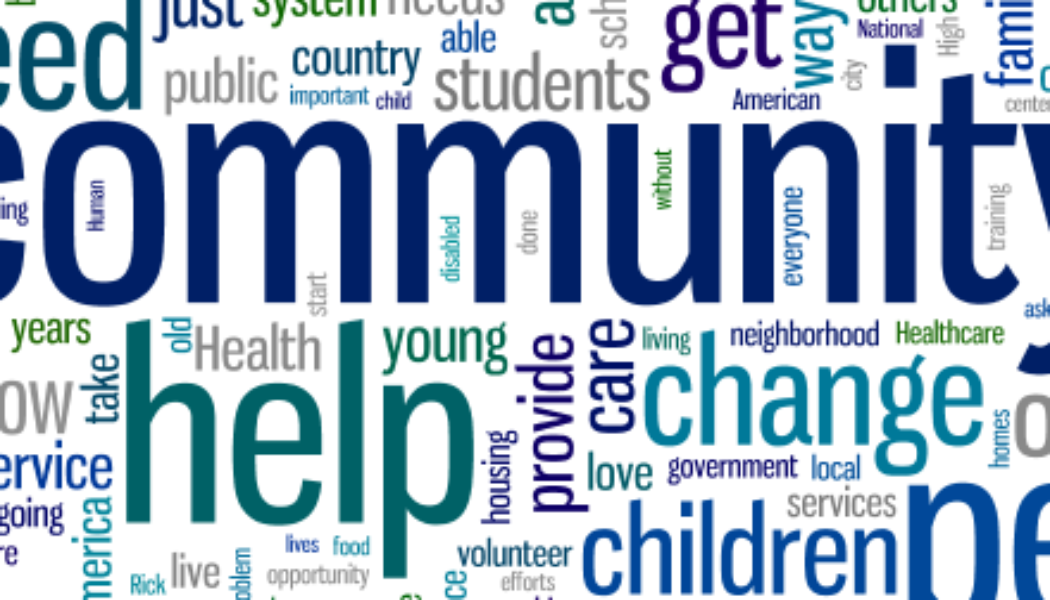Featured News
Weathering the Storm
Weathering the Storm By Debbie Briggs Ellenville Regional Hospital In mid-March, NYSARH member Ellenville Regional Hospital joined forces with the Ulster County Department of Health and Mental Health to offer drive-through COVID-19 testing on our campus. The County erected two sturdy tents in our driveway. The first tent was utilized for registration – patients would drive into the tent and show us their identification and insurance information, all while keeping their windows closed. We would then attach a test kit to their windshield, and they would drive into the second tent, where the actual testing took place. This process worked great, until an early spring snowstorm collapsed tent #1! The tent was replaced, and testing continued. We then decided to triage all ED patients who were ex...
Responding to the Need
Responding to the Need By Steve Waterson The Resource Center (TRC) NYSARH Member, The Resource Center (TRC) has been producing reusable personal protective equipment to meet the needs of health care providers and other businesses. Since April, workers have been sewing gowns and cloth masks at TRC’s Jamestown manufacturing facility. Upon learning of the shortages of personal protective equipment being experienced across the country and particularly in New York State, The Resource Center adjusted its sewing operations to be able to produce reusable PPE. “As the need for PPE across the nation has grown, we began to expand our sewing operation to try and help meet those needs,” said Todd Frangione, Director of Business Operations. “We are currently supplying the Department of Defense with mi...
Measuring well-being in rural communities
Measuring well-being in rural communities Emma Nalin, Project Coordinator Rural Health Network, South Central New York At a recent meeting of the Advisory Committee for Rural Health Network of SCNY’s Social Determinants Measurement Project, we discussed measuring health, well-being, and viability at the community level. What does a rural community need to thrive? What specific indicators can we measure? How useful are existing frameworks in a rural context? These questions feel particularly important as rural communities work to rebuild from the COVID-19 pandemic. To get started, here are three examples of measuring community well-being from the fields of economic development, disaster relief, and community nonprofits. The WealthWorks framework sorts community resources into eight types of...
Hard Times for Rural EMS
Hard Times for Rural EMS By Melissa Brook, Gouverneur, NY Rescue Squad; Mark Deavers, Gouverneur, NY Rescue Squad; and Ann Smith; NYSARH Member; North Country EMS Agency/Fort Drum Regional Health Planning Organization; and Lisbon, NY Rescue Squad As the fear of COVID-19 began to race across the country, rural emergency medical services (EMS) braced themselves for a different war, and today, it is now a fight to survive. A lack of personal protective equipment (PPE), skyrocketing operational costs, workforce shortages, and plummeting revenue leave the future of rural EMS on life support. For decades, rural EMS has been overlooked by governments and insurance companies through low reimbursement rates, which are often below the cost of doing business. When the COVID-19 pandemic arrived, this ...
Measuring impact during COVID-19
Measuring impact during COVID-19 Emma Nalin, Project Coordinator Rural Health Network, South Central New York April 28, 2020 Like many rural community organizations, Rural Health Network of SCNY has rapidly assessed and adapted our services to respond to the COVID-19 pandemic. While providing direct service to rural clients in need is our most urgent priority, it is also important to keep measurement in mind at all stages of the planning and implementation process. When the pandemic ends, the data we collect now will be critical in describing our response and building resilience against future crises. Listed below are some examples of RHN’s direct service during the pandemic, along with the plan for measurement: Delivery of food, medication, and other essential goods Measuring the amount a...
Dr. Richard Terry receives Rural Health Service Award
Dr. Richard Terry currently serves as the Associate Dean of Academic Affairs at the Lake Erie College of Osteopathic Medicine (LECOM at Elmira) and Chief Academic Officer at Lake Erie Consortium for Osteopathic Medicine Training (LECOMT). This award recognizes Dr. Terry’s long and distinguished commitment to medical education, highlighted by his recent tireless efforts to expand LECOM programs to fill a critical need for physicians for underserved rural populations in the Southern Tier of New York. Dr. Terry previously served as the Designated Institutional Official at Arnot Ogden Medical Center in Elmira, which hosts nine ACGME accredited programs and supports 126 residents and fellows. Previously, he served as the Assistant Dean of Regional Clinical Education at LECOM where he built...
Dr. Robert Dweck receives Rural Health Practitioner Award
Dr. Robert Dweck has been a dedicated family practitioner for over 30 years. He came to this rural area through the National Health Service Program to help pay off his student loan. He soon realized that this was not only a community where he could stay and raise a family, but most importantly, one that really needed him. Dr. Dweck opened his own practice in Millerton in 1987and, in 1990, joined two other practitioners to form the Foothills Family Health Center, which then became the Dutchess Medical Group. This practice was unique in the area, accepting Medicaid and offering a sliding fee schedule for patients who lacked insurance coverage. In 2001, he worked with Hudson River Health Care (HRHCare) to transition the practice into HRHCare’s network of Federally Qualified Health Centers (F...
Genesee-Orleans-Wyoming Opioid Task Force wins Outstanding Rural Health Program Award
NYSARH is pleased to recognize the Genesee-Orleans-Wyoming Opioid Task Force as the Outstanding Rural Health Program of the Year. The nomination, submitted by Julie Gutowski, included information about an emergency department screening process used at local hospitals that helps to identify people using opioids that then connects patients with Peer Advocate or Recovery Coach in addition to a referral for treatment. The Task Force operates a tri-county crisis line. Their combined efforts have resulted in a measurable decrease in drug overdose visits to local hospitals as well as opioid related deaths between 2017 and 2018. The goal of the Genesee-Orleans-Wyoming Opioid Task Force is to address the growing opioid crisis in the tri-county area. Through active collaboration and engagement, ...
NYSARH Announces New Administrative Team
The New York State Association for Rural Health (NYSARH) announces a new Administrative contract with Northern Area Health Education Center (NAHEC) effective July 2019. Karin Blackburn, NAHEC Center Director, will lead the NYSARH team as Director of Administrative Services. She will be assisted by Katie Rafferty, Accounting Manager, and Kathy Hughes, Project Associate. Sara Wall Bollinger will continue as Director for Strategic Development. The Administrative Team will support the Board of Directors and the work of NYSARH committees. They will produce communications, manage member engagement and implement the annual Rural Health Conference.
Measurement Project Update: Nine Pilot Projects Chosen for Evaluation
Emma Nalin, MPH, MS Project Coordinator, Social Determinants of Health, Rural Health Network of South Central New York With funding from the NYS Health Foundation and Care Compass Network (CCN), Rural Health Network of SCNY is conducting a two-year project (2019-2020) to improve measurement of Social Determinants of Health (SDOH) among rural community-based organizations (CBOs). As one of multiple activities in the project, consulting firm Germane Solutions evaluated SDOH measurement design for nine pilot projects. The resulting recommendations and return-on-investment tools will directly benefit pilot organizations in communicating the value of their SDOH interventions. The pilots target an array of health conditions with specific SDOH interventions, from addressing trauma in womenwith s...

